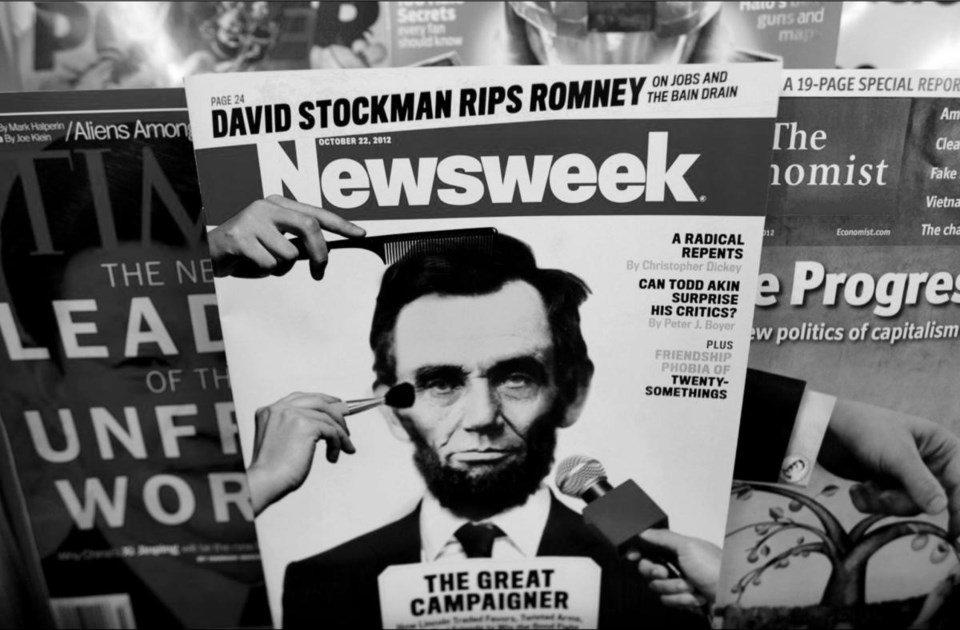Newsweek, one of the most internationally recognized magazine brands in the world, will cease publishing a print edition after nearly 80 years.
The decision to go all-digital, disclosed in a blog post on its companion website The Daily Beast, is indicative of the shift to media consumption on digital devices such as tablets and mobile phones and underscores the problems faced by newsweeklies in an increasingly commoditized, 24-hour news cycle.
The final print edition of the weekly current affairs magazine will hit newsstands on Dec. 31.
"We are transitioning Newsweek, not saying goodbye to it," Tina Brown, editor-in-chief of Newsweek Daily Beast Co., and Baba Shetty, chief executive, wrote in a post on the Daily Beast website Thursday.
The move was not unexpected given both the macro changes affecting the magazine industry and, more specifically, the comments made in July by Newsweek's owner Barry Diller, head of IAC/Interactive Corp., about transitioning it to digital-only format.
Plans call for the magazine to become a subscription-based digital publication rebranded as Newsweek Global. Its current 1.5 million subscriber base - a decrease from its one-time peak of 3 million - will be given access to the digital edition. Some of Newsweek's content will be available for free on the Daily Beast, which itself is entirely free and advertising-supported. The transition to all-digital will entail job cuts, Brown and Shetty wrote, without providing further specifics.
Newsweek's road from print to pixels has been a bumpy one culminating in its sale in August 2010. The late stereo magnate Sidney Harman bought the struggling newsweekly from the Washington Post for $1 plus the assumption of its more than $50 million in liabilities.
Harman viewed owning Newsweek, which had gone from earning $30 million in 2007 to losing the same amount just two years later, as more of a philanthropic effort than an actual business endeavor.
For his part, Diller launched The Daily Beast as an online news and culture site and tapped high-profile editor Tina Brown, who made her name editing The New Yorker, Vanity Fair and Talk.
Diller and Harman decided to merge their titles in November 2010 - the rationale was to leverage the combined audiences to cross-sell advertising at both publications and subscriptions for Newsweek.
Six months later, in April 2011, Harman died. His family's estate decided to stop investing in July leaving Diller's IAC with full ownership.
Newsweek isn't the first current events magazine to go all-digital - U.S. News & World Report made the move in 2010.
But Time managing editor Rick Stengel doesn't expect to follow suit. Stengel said on MSNBC that print was the "centrpiece" of the Time brand.
"We have certainly moved past seeing them as a single competitor," said Stengel of Newsweek. "Our competitor is everybody. We have done very well and we will continue to do very well. There can only be one and that's us."
Industry wide, U.S. magazine advertising pages fell 8.8 percent in the first half of 2012, according to Publisher's Information Bureau data. Newsweek fared better; its ad pages rose 7.6 per cent during that period.



